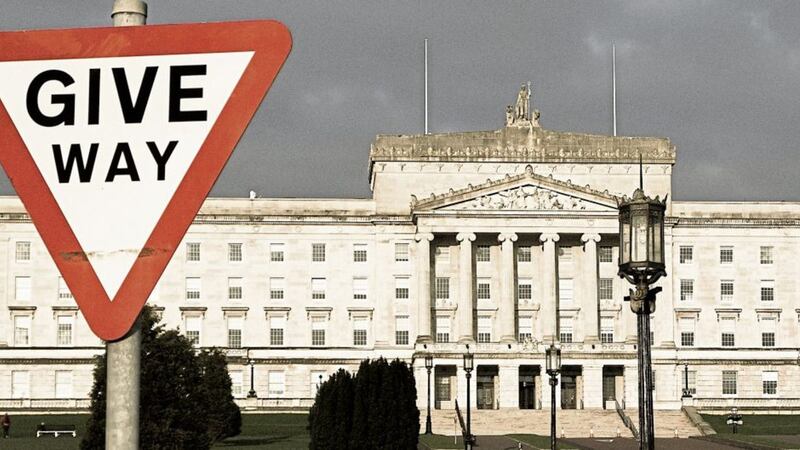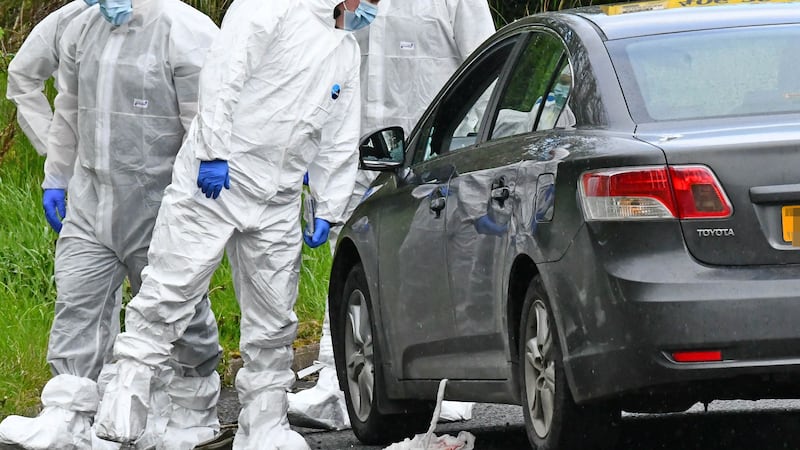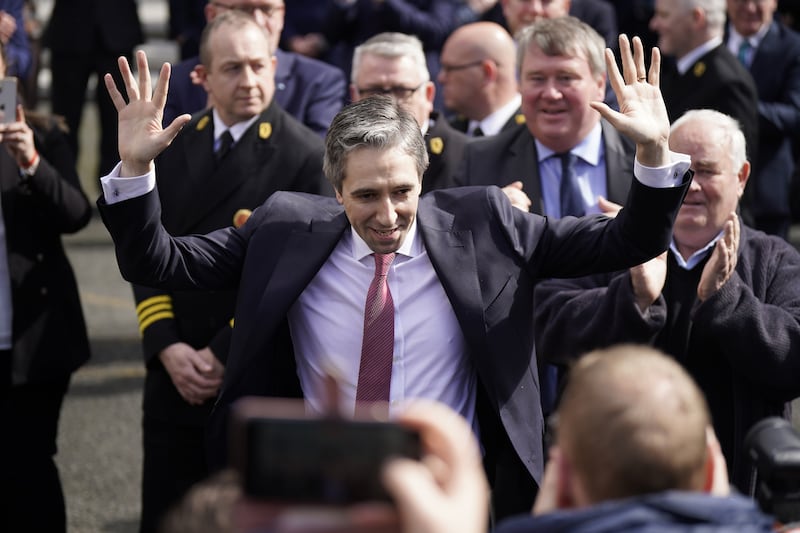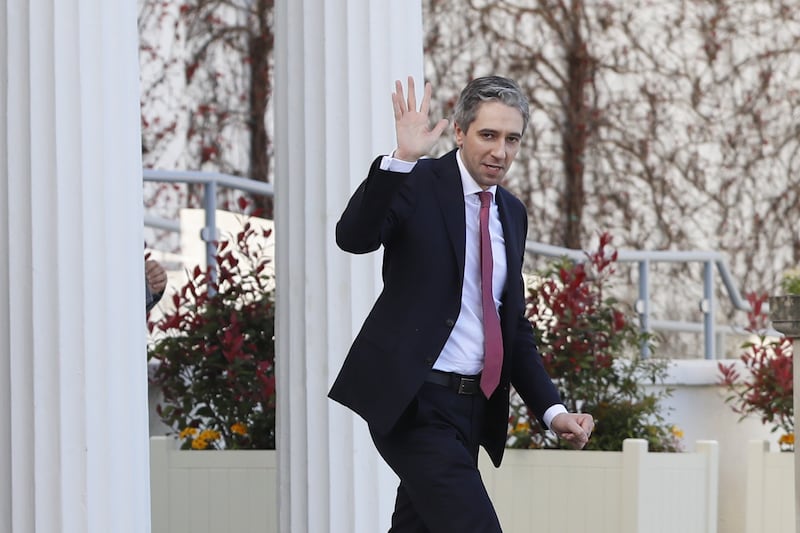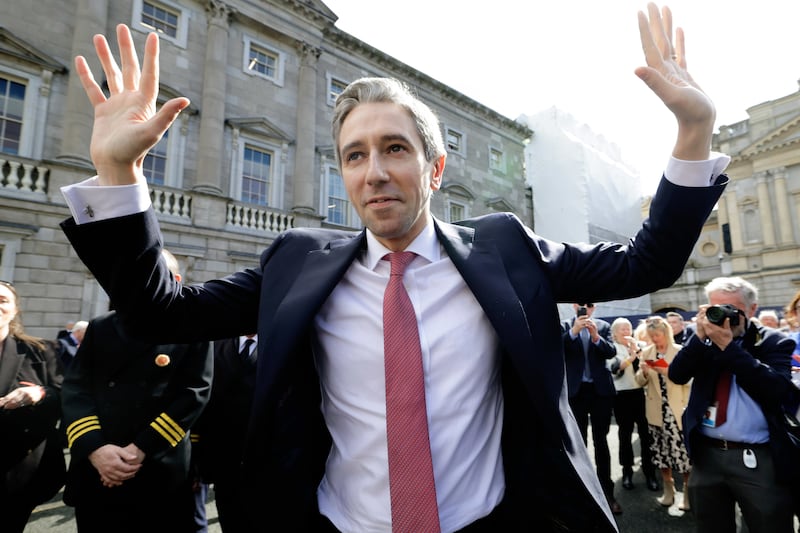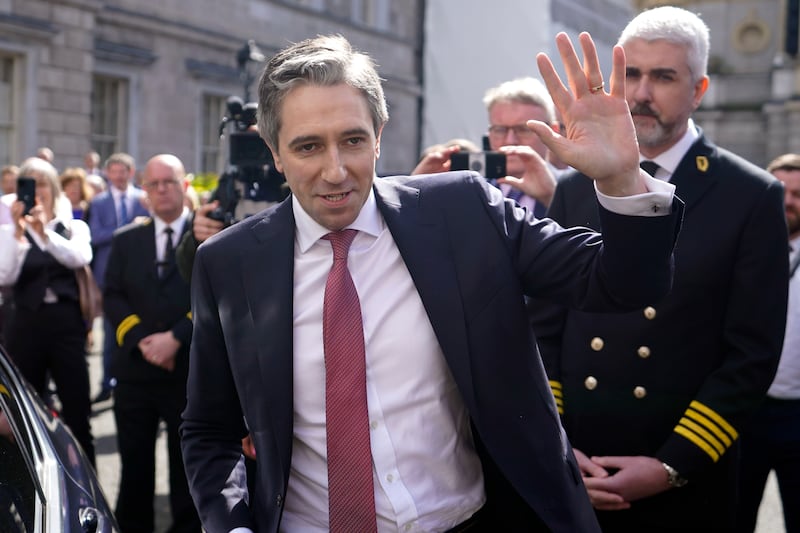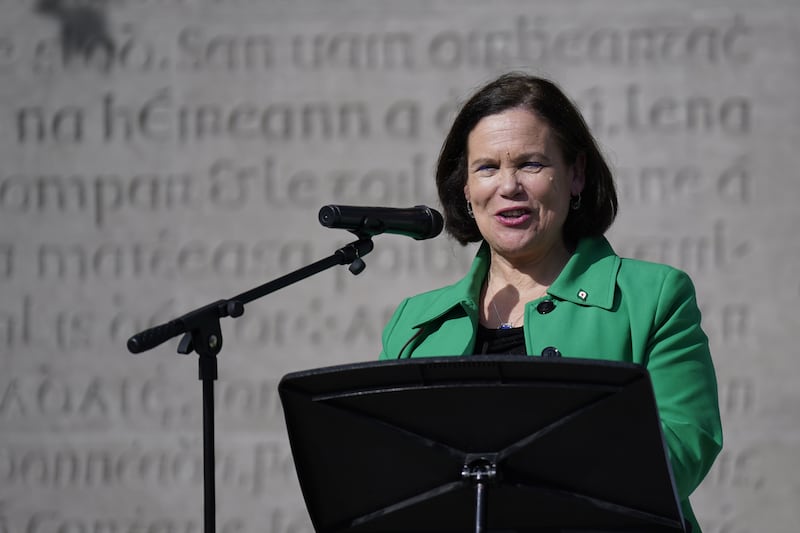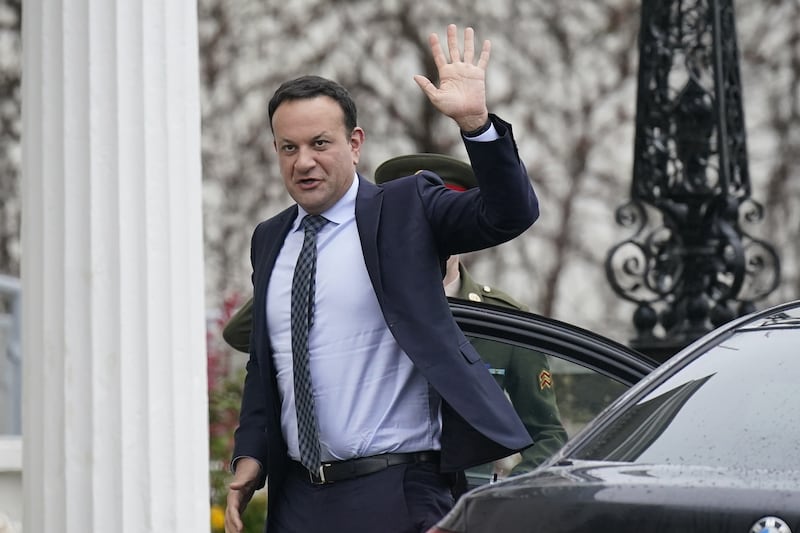TALKS to restore power sharing in Northern Ireland have reached a very sensitive stage, the taoiseach has said.
Leo Varadkar highlighted the delicate nature of the last ditch negotiations to save Stormont as he declined to be drawn on a Dáil question on Irish unity.
Mr Varadkar, who in December spoke of his aspiration to see a united Ireland, told TDs yesterday he did not want to say anything that might cause offence to anyone at such a crucial juncture in the process in Belfast.
After Monday’s first round-table exchange between the five Stormont parties and UK and Irish governments, the talks returned to a bilateral format yesterday.
“There are talks under way in Stormont at present. As we speak minister (Simon) Coveney is in Belfast representing the government and those talks are at a very sensitive stage so I think today is not the day to be asserting our unionism or nationalism,” Mr Varadkar said.
“I don’t think there would be any good purpose being served in giving anyone any cause to take offence.
“So I think that’s all I’ll say for today, but I know Minister Coveney is working very hard today in Belfast trying to help the parties, particularly the two largest parties come to a compromise so that the executive and assembly can be up and running again.”
Secretary of State Karen Bradley is due to update the House of Commons on the developments today, ahead of the next round-table session at Stormont tomorrow.
Northern Ireland has been without a functioning administration for more than a year after the last DUP/Sinn Féin-led coalition imploded in a row over a botched green energy scheme.
That rift subsequently widened to take in long-running disputes over culture, social issues and legacy.
Civil servants have been running Stormont’s public services during the impasse. However they are hamstrung by their inability to take major policy decisions.
With the pressing need for budget to be struck for the next financial year, if the latest talks bid fails, the UK government will face mounting pressure to introduce a form of Westminster direct rule to provide financial certainty.
The Alliance Party said Mrs Bradley needed to provide clarity on the budget situation urgently.
Deputy leader Stephen Farry said: “We are facing an ever-growing financial crisis, with major implications for public services and the economy. Regrettably, this reality is a secondary concern to the issues at the heart of the deadlock between the DUP and Sinn Féin, preventing the restoration of devolution.
“Every day that goes by means less time for departments and agencies to plan ahead. With scarce resources available, it is important every opportunity to spend what is available efficiently and effectively is taken.
“If there are no swift decisions, more and more resources will in effect be wasted, and in the community and voluntary sector that provides many services on behalf of government, staff will inevitably be placed on protective notice.
“There is some complacency about us stumbling along and catching up with financial decisions in due course. Formal budget legislation can follow, but a political authority does need to confirm the actual budget allocations as a matter of urgency.”
